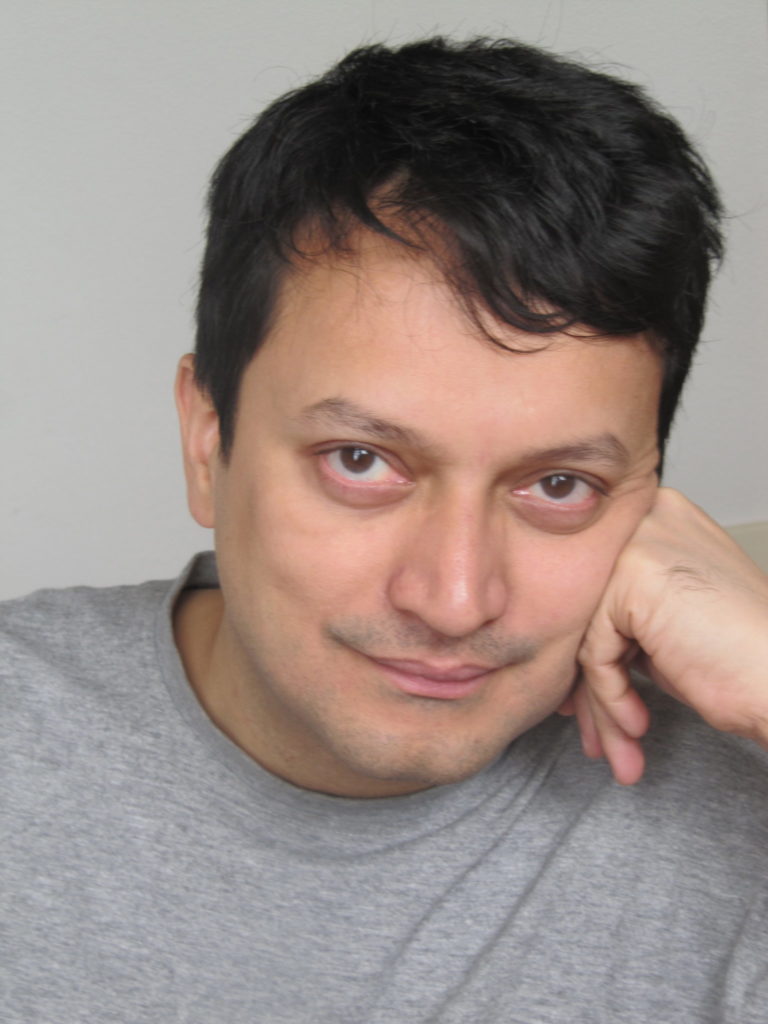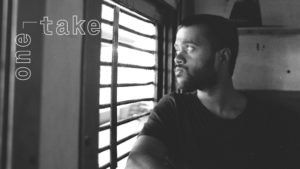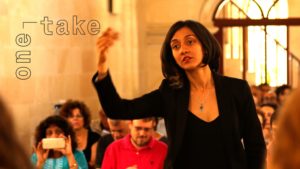
What question do you keep coming back to in your arts practice?
“As a poet, I return constantly to a central, productive and even formative tension between two seemingly opposites desires. On one hand, a delight in enriching the language and the form of the poem with experimental usage, mise-en-page, cut-ups and montage, words retrieved from archives or crafted by the fresh light of today, techniques that might well seem deeply idiosyncratic. And on the other hand, a pleasure in reaching out and engaging readers and listeners in sociable ways, addressing shared urgencies.”
What discipline, other than your own, do you draw most from?
“Music. As a poet, I attend closely to the cadence of a poem, its patterns of measure and disruption, its sonic atmosphere. I turn as much to the hori and the chaiti as I do to that splendid lineage of avant-garde music misleadingly described as ‘minimalist’, which shuttles between experimental and classical modes, and includes such key sources of inspiration, for me, as Steve Reich, Terry Riley, Jan Garbarek, and Arvo Pärt.”
What do you enjoy most about the process of creating new work and what recurring challenges do you encounter?
“I enjoy, most, the artisanal process of assembling a poem from fragments, stray lines, obsessive images – keeping at it until I am in the zone, staying in the zone until it all binds together and rings true. The recurring challenge is to find the repose, in space and time, to cut away from everything else and devote myself to this process. A practice I’ve developed, over time, is to make that repose. I don’t wait for the perfect studio, the perfect residency, the perfect sabbatical – instead, I listen for the work to announce that it is ready to start, then practise hyperfocus and dive deep into it, whether I’m in a cab crossing the Sea Link or on a flight or in a café. And, of course, when I’m at my writing desk, which is where I mould the poem into its final Shape.”



